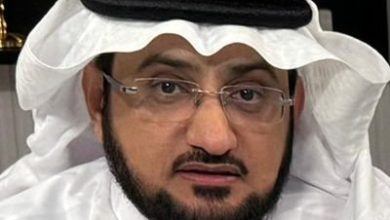While Speaking to the United Nations.. Al-Burhan Faces Challenges at Home

Rashan Oushi
Perhaps the greatest challenge facing the Chairman of the Transitional Sovereignty Council and Commander-in-Chief of the Armed Forces, Abdel Fattah Al-Burhan, as he addresses the world from the United Nations podium, is the task of rebuilding Sudan’s image after 15 April War.
The Sudanese nation needs a capable leader who can address the aftermath of the 15 April War and the political tensions that preceded the explosion of the situation. In other words, it falls upon the leader, Al-Burhan, to mend Sudan’s torn image with the utmost precision, preserving the national identity and ensuring that there is a discourse capable of reassuring the masses that Sudan has not fallen but remains cohesive and that the Sudanese dream is still alive.
The Sovereignty Council has neutralised international public opinion through diplomatic efforts and significant actions. This was evident in the state of denial exhibited by all international supporters of the rebel militias. Even the United Arab Emirates, which continues to provide logistical and political support behind the scenes to the rebellion, publicly denied its involvement in the war in Sudan. This should prompt Al-Burhan to express the people’s aspirations from a position of strength and triumph.
The immense and honourable popular solidarity enjoyed by the army and its leader is sufficient to defeat the claims of the rebels and their political allies, who waged the 15 April War to restore the democratic path at gunpoint. The popular mobilisation camps and the wide-ranging mass activities supporting the army all represent a significant asset and a “clean slate” for the Commander-in-Chief, whom the people have granted legitimacy and authority to address the world in their name.
Today, Al-Burhan addresses the world as the leader of the Sudanese nation, supported by popular legitimacy and imbued with the people’s hopes for salvation. This salvation is not just from the war in Khartoum but from the political mindset that has caused destruction and ruin.
Therefore, the Chairman of the Transitional Sovereignty Council faces the challenge of confronting the world with the desires and aspirations of the Sudanese people, making them the cornerstone of any dialogue with the international community. The people reject rebellion, its political allies, and all the causes and consequences that led to the outbreak of the war, foremost among them foreign interference in political decision-making and its blatant influence.
Al-Burhan addresses the world from the perspective of national sovereignty and will build upon the nation’s achievements because the path before him is paved to restore the image of the Sudanese leader torn apart during the lean years after 11 April 2019.



